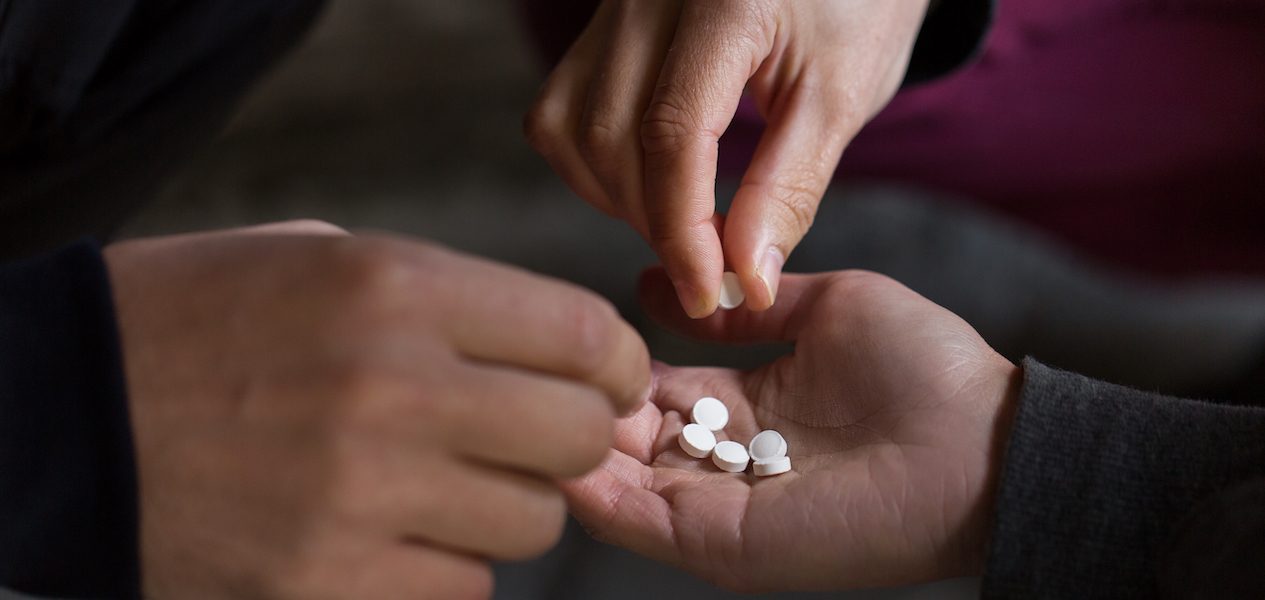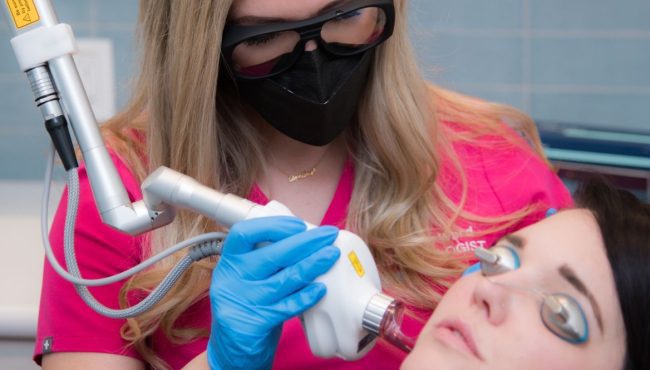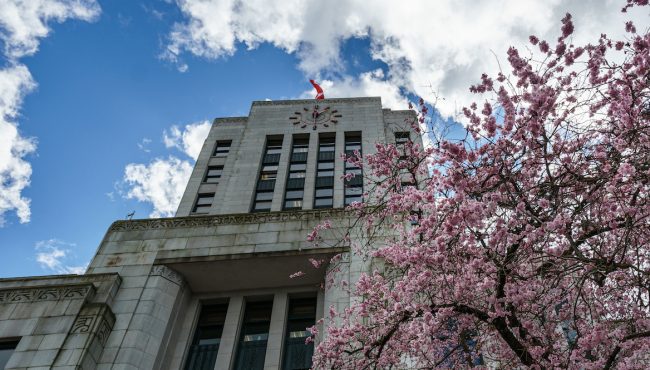Back in May 2022, a three-year exemption was made under the Controlled Drugs and Substances Act (CDSA) to help decriminalize the possession of some illegal drugs. In effect as of Tuesday, January 31st, the policy change allows people in BC to carry a small amount of certain illicit substances for their own personal use, in a move to help reduce the shame and fear associated with drug use.
What’s more, BC is officially the first province to receive such an exemption from Health Canada, in an effort to address the opioid overdose crisis.
“Substance use is a public health issue, not a criminal one,” says Sheila Malcolmson, B.C.’s Minister of Mental Health and Addictions. “By decriminalizing people who use drugs, we will break down the stigma that stops people from accessing life-saving support and services.”
View this post on Instagram
Decriminalization efforts
Likewise, the City of Vancouver is committed to destigmatizing drug use to help those facing addiction seek help.
To that end, when small amounts of drugs are seized by law enforcement, individuals are often forced into “risky behaviours” to replace them. Decriminalizing drug possession on a smaller scale may ultimately prevent the harms associated with heavier drug use.
Policy change
Starting Tuesday, January 31st, the exemption will be in effect for those carrying 2.5 grams or less of the following:
- Opioids (such as heroin, morphine, and fentanyl)
- Crack and powder cocaine
- Methamphetamine (Meth)
- MDMA (Ecstasy)
Note that the above substances are still illegal to possess, distribute, and use. The key to this policy change is in the amount.
“Adults found in the personal possession of any combination of these illegal drugs that add up to a combined total of 2.5 grams or less are not subject to criminal charges and the drugs are not seized. Instead, they are offered information about health and social supports. This includes support with making a referral to local treatment and recovery services, if requested.”
The exemption will be in effect throughout the province from Tuesday, January 31st, 2023 to January 31st, 2026. Drug use on private property (homes, cafes, bars, shopping malls), school property, airports, and the Canadian Coast Guard vessels all remain illegal – and are not included in the exemption.
Over the next three years, BC will work with the federal government, health authorities, local law enforcement, people with lived/living experiences, and Indigenous partners and organizations to implement these changes safely.





